EVENTS
The Quantum Entanglement Path: Celebrating 100 Years of the Conference that Changed the World
In 1927, the Slovan Institute of Sciences at the Massachusetts Institute of Technology organized the fifth quantum theory conference, which gathered the world's most brilliant minds at the time to discuss whether or not quantum mechanics’ theoretical propositions could occur in the real world. Notably, whether two distant particles could be linked one to another in such a way that upon observing them what happens to one happens to the other instantly mirroring thereby their properties irrespective of the space-time continuum. Neil Bohr's quantum mechanics presentation contradicted Albert Einstein's principle of locality (particles must be located in space all the time), along with his Special Theory of Relativity (E = M2) which holds the space-time fabric as the defining element of reality. The discussions that took place between Einstein and Bohr and among their colleagues remain as one of mankind’s most consequential scientific references.
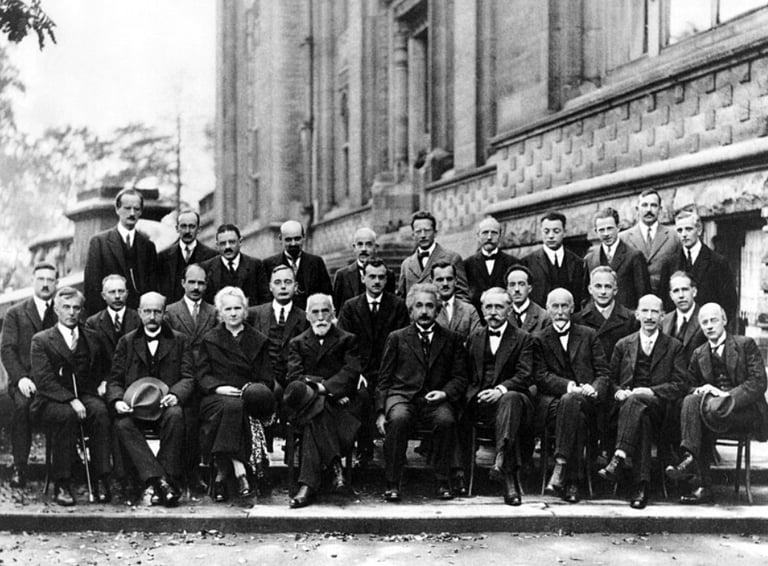

SYMPOSIUM
Albert Einstein’s subsequent critique of what he framed as an impossible magical connection (“Spooky action at a distance”) during his tenure at the University of Princeton and his work with his Nathan Rose and Boris Podolsky led to their landmark journal article of 1935 (“the EPR Paradox") depicting quantum mechanics as an incomplete theory. Eventually, the empirical works of J. Robert Oppenheimer, John Bell, John Clauster and, more recently, the Cosmic Bell Experiment in the Canary Islands provided unquestionable scientific evidence indicating that quantum mechanics exists in the real world. Still, both Einstein's critique developed through the EPR Paradox and the seemingly obscure response known as Quantum Entanglement developed by Neil Bohr are nowadays central in the theoretical groundwork that aims to develop humanity's final quest: Quantum Artificial Intelligence QAI.
The symposium will take place in Cambridge, Massachusetts at MIT. It is organized in 12 tematic panels of experts and HRC will lead the Selections Committee in three panels of experts: namely, The History of Quantum Theory (flaws, mistakes, gaps), The Present of Quantum Theory (qubits, quantum communications, sensing, and chips), The Future of Quantum Theory (human, artificial and quantum brains). We welcome papers with transdisciplinary, interdisciplinary or multidisciplinary approach addressing logical and critical questions on ethics, science, and technology. Papers shall not exceed 30,000 words. Either Word or PDF formats are acceptable. Papers along with the author's CV must be submitted no later than July 30, 2025 at 5:00 pm ET. Selected panelists will be notified in May 2026. A round-way air plane ticket and prime hotel accommodations will be provided for selected panelists. Please, submit your papers at: 2026symposium@haclr.org
CALL FOR PAPERS
A Transdisciplinary and Comparative Approach to the American and the European Systems
The Center for Advanced Research HRC Indianapolis under the auspices of the United Nations Population Fund invite students, researchers in residence, visiting fellows, and faculty members to the seminar on International Migration and Human Development. Registrations are open and limited.
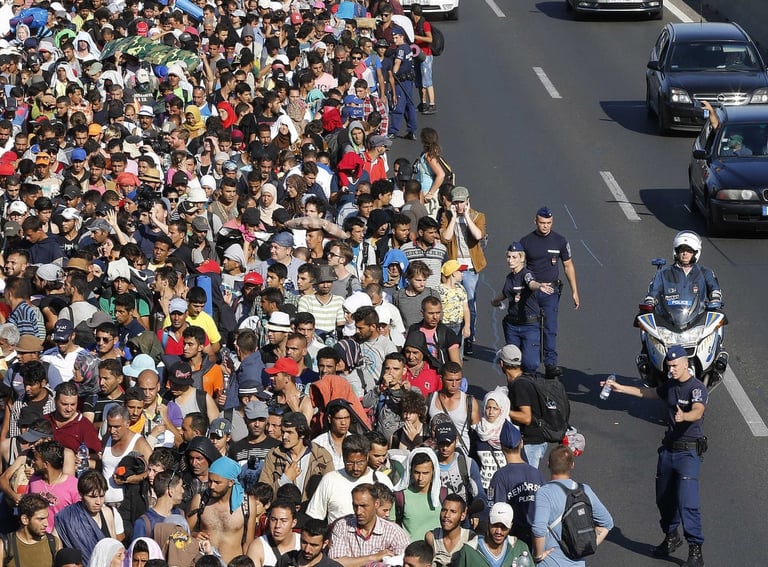

MIGRATION SEMINAR
THE DRIVERS OF MIGRANT RELOCATION
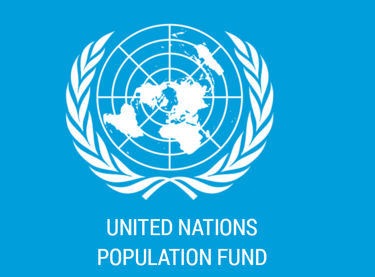

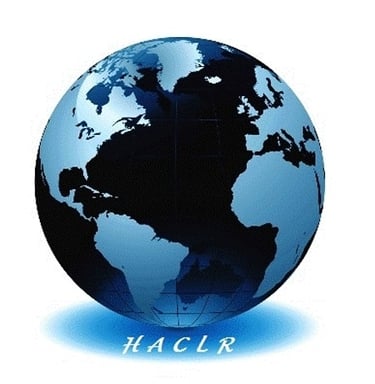

Regulating AI: Deciding Humanity's Future Today
HRC's Global Executive Report on AI Regulation in the United States, Canada, the EU, Australia, Japan, Republic of South Korea, and China will be released on June 2024. The authorized sections of our final report will be released to the public on our website on April 30, 2025, following its official submission to the United States Congress (Senate Committees on Rules and Administration, Intelligence, and Foreign Relations), NASA Advisory Council, and the United Nations General-Secretary Office.
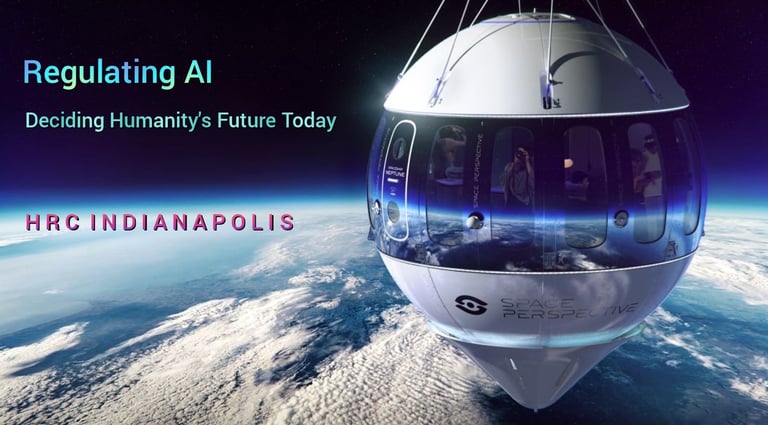

REPORT
HRC RESEARCH REPORT
2024
VISIT
Fellows and visiting faculty members interested in attending this Congressional hearing must submit their reservation no later than May 8 at 5:00 pm. Round-way air plane tickets and hotel accommodation in Washington D.C. and Baltimore will be provided. Submit your reservations at: events@haclr.org
CONGRESSIONAL HEARING on Artificial Intelligence (oversight regulation)
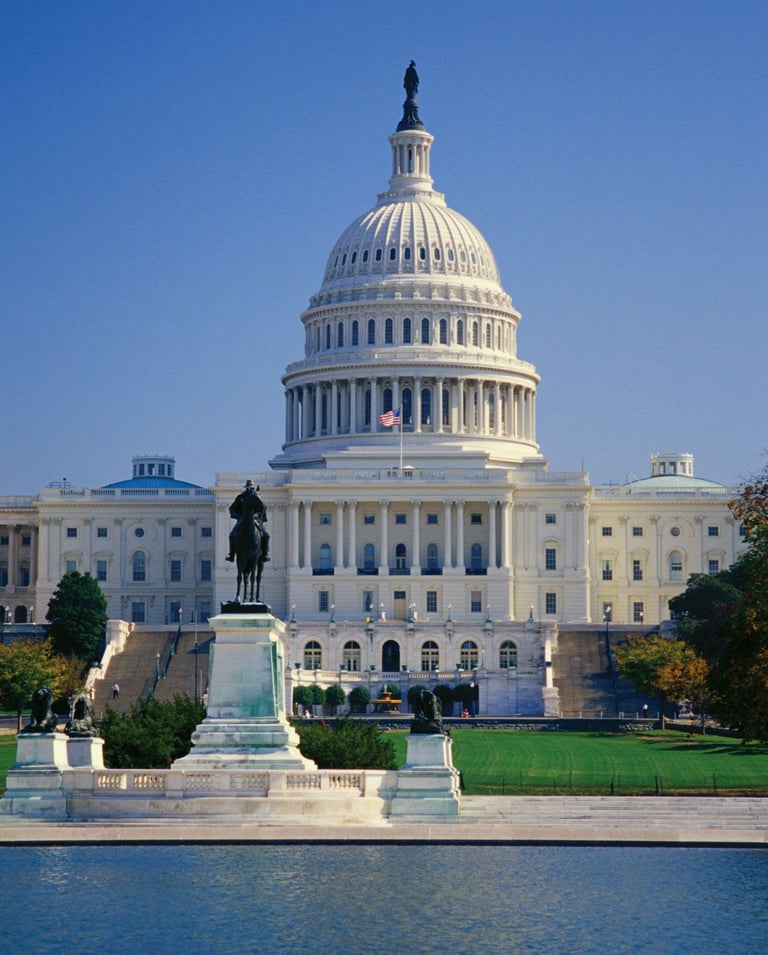

United States Congress
Senate Committee on Regulation & Administration
AI Nanocomputing and the Future of Neuroimaging in Medical Research and Mental Health
HRC 2024 AI FORUM
Reservations: events@haclr.org
Venue: Center for Advanced Research HRC Indianapolis (Auditorium). 11299 Illinois Street, Indianapolis, IN 46032.
Date: May 9, 2024.
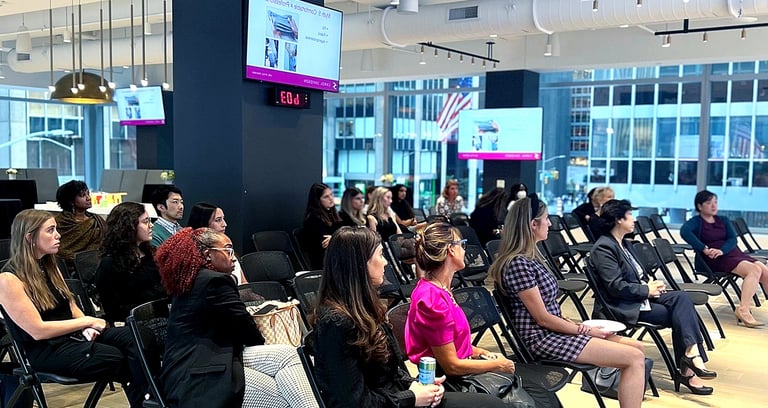

Building A Super Quantum Computer: Our Timeline
QUANTUM LECTURE
Keynote speaker: Dr. Charina Chau, Chief Operating Officer at Google Quantum AI.
Reservations: events@haclr.org
Venue: Center for Advanced Research HRC Indianapolis (Auditorium). 11299 Illinois Street, Indianapolis, IN 46032.
Date: May 17.
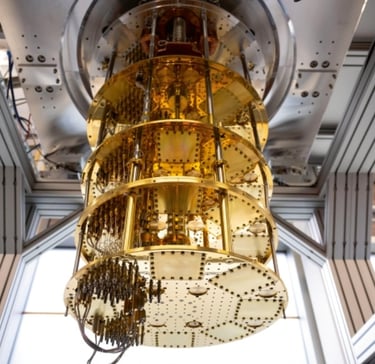

Protecting Brain Privacy: An Interdisciplinary Approach to the Rights That We Do Not Have But Will Soon Need


AI LECTURE
Reservations: events@haclr.org
Venue: September 5, Chicago University Law School, Stuart Hall (Room 101). 1111 East 60th Street, Chicago IL 6o637.
2024 HACLR Speaker Series
Indianapolis - Chicago - Columbus - Cleveland - Cincinnati
Venue: May 8, Ohio State Universsity, Mortiz Law School (Drinko Hall, Auditorium 2B), 55 College Road S, Columbus OH 43210.
Venue: May 10, Cleveland State University College of Law (Main Auditorium), 1801 Euclid Ave, Cleveland OH 44115.
Venue: September 11, HRC Indianapolis (Main Auditorium), 11299 Illinois Street, Indianapolis (Carmel) IN 46032.
Venue: September 19, University of Cincinnati College of Law (Room B101), 2925 Campus Green Drive, Cincinnati OH 45221.